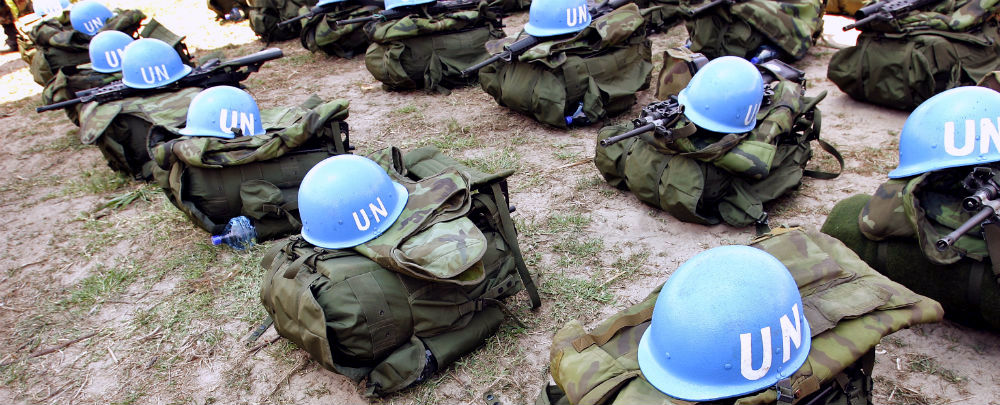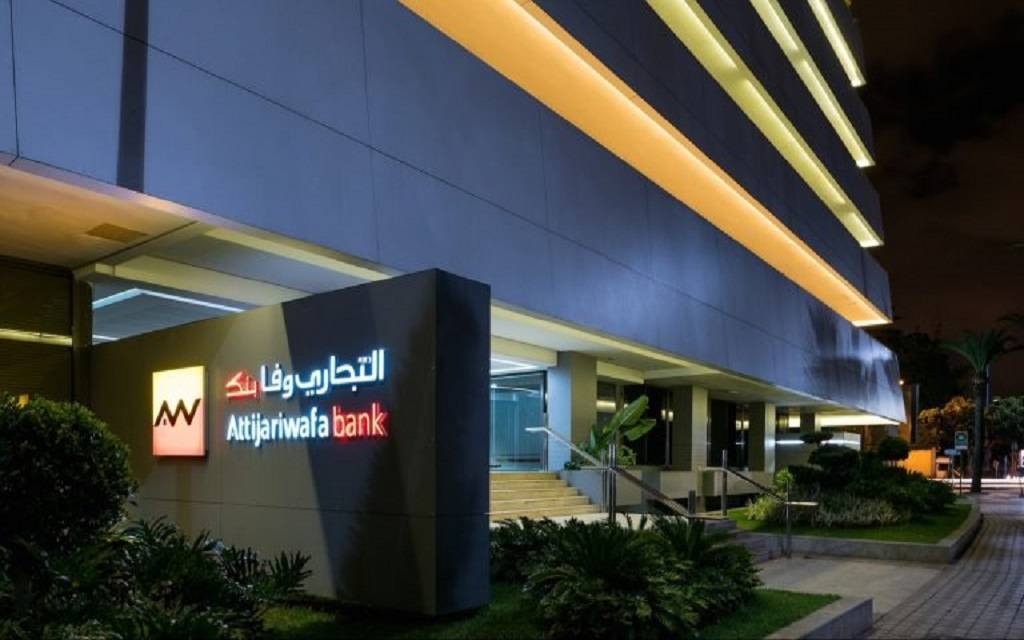Germany is looking to pull its soldiers out of Mali faster, in light of the looming end of MINUSMA, a United Nations peacekeeping mission — one of several UN missions operating in war-torn nations around Africa whose governments want them out, despite warning by experts of consequences and fresh security threats.
Germany had deployed some 1,000 soldiers to Mali, most near the northern town of Gao, as part of the MINUSMA peacekeeping operation, established in 2013 to fight armed groups there. But now German Defense Minister Boris Pistorius has said his country will speed up the withdrawal of its soldiers out of Mali, in light of the planned end of the UN peacekeeping mission on 30 June. Berlin decided in May to withdraw its troop from Mali as the mission had been hampered by disputes with the West African country’s ruling military junta and the arrival of Russian forces. More specifically, the decision was taken after Malian authorities prevented a flight carrying 110 German soldiers deployed with the MINUSMA from leaving the country.
But experts question why more and more African nations want UN peacekeepers out, while they are on missions to restore peace and stability to the nations in which they operate. UN peacekeeping missions in countries like the Democratic Republic of Congo (DRC), South Sudan, Mali, and the Central African Republic (CAR) are struggling to succeed amid escalating violence as well as complex political and cultural dynamics.
“They have failed consistently to deal with the cycle of violence in those countries and the very reason for which they were brought in in the first place,” says Adib Saani, Executive Director for the Jatikay Center for Human Security and Peace Building. Other experts point out that conflict situations in Africa are very fluid and very unpredictable and, as Fidel Amakye Owusu of the Conflict Research Consortium for Africa argues, the UN missions are not “all falling, but rather it is the nature of their mandate that limits their efficacy or effectiveness in the areas they are meant to operate.”



